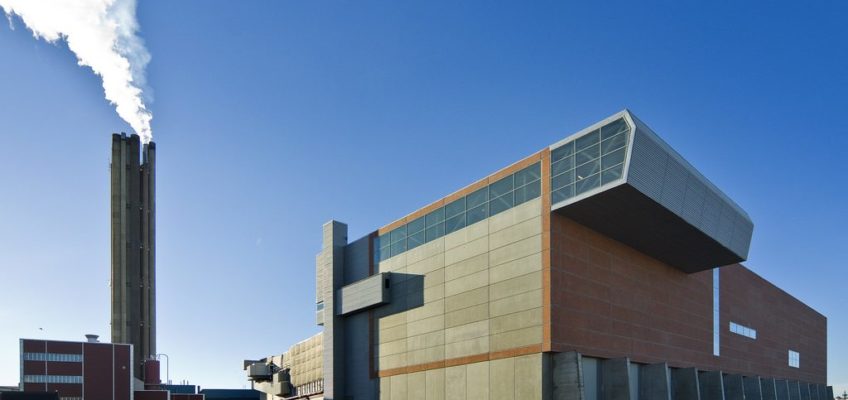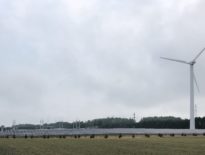Waste Incineration Doesn’t Belong in the Definition of Renewable Energy
ILSR Report Digs Into the Troubling Connection Between Trash Burning and Renewable Energy.
MINNEAPOLIS, MINN. — Waste incinerators are dirty and expensive. They create toxic pollution, waste energy, and kill jobs. Even worse, as many as 23 states allow energy produced by burning garbage to count toward their renewable energy requirements. In a new brief “Waste Incineration: A Dirty Secret in How States Define Renewable Energy,” ILSR unpacks why incineration is so problematic and how communities can instead embrace energy democracy, where electric customers can have greater choice over the source and structure of their energy system.
“Cities have greener and cheaper options for waste disposal and clean energy generation,” says report author Marie Donahue, “and yet 76 communities still host aging municipal solid waste incinerators.” Communities with incinerators could be producing three to five times more energy through alternative strategies such as waste prevention, reuse, recycling, and composting. Instead of turning waste into energy, incinerators are wasting both energy and money.
Misguided state lawmakers have aided the ongoing operation of aging incineration facilities. Laws in 23 states allow waste burning to count as renewable energy, providing potential subsidies to the dirty practice. The subsidies come at the expense of more sustainable options for both waste management and electricity generation. “Few lawmakers may realize that allowing incinerators to masquerade as renewable energy puts heavy environmental and financial costs on communities, especially nearby residents,” says Donahue. “Those paying the price tend to disproportionately be people of color and low-income folks. It’s uneconomic and unjust.”
States and communities can clean up the mess by fixing the trash burning loophole in renewable energy laws and embracing local strategies like recycling and composting to manage waste along with wind and solar power to produce actually renewable energy.
About Marie Donahue:
Marie Donahue is a research associate with the Energy Democracy Initiative at the Institute for Local Self-Reliance. In this role, Marie writes about the implications of corporate concentration and monopoly in our energy systems and supports and shares stories of communities investing in distributed energy systems. An interdisciplinary researcher with expertise in environmental policy and planning, Marie brings a passion for sustainability, environmental and social justice, and public policy to this work.
FOR MORE INFORMATION and to schedule an interview with Marie, call Hibba Meraay at 612-844-1330 or email hmeraay@ilsr.org.
—
The Institute for Local Self-Reliance
1710 Connecticut Ave., NW, 4th Floor
Washington, DC 20009
P: 612-844-1330
E: hmeraay@ilsr.org
Photo Credit: Vattenfall via Flickr (CC 2.0)






